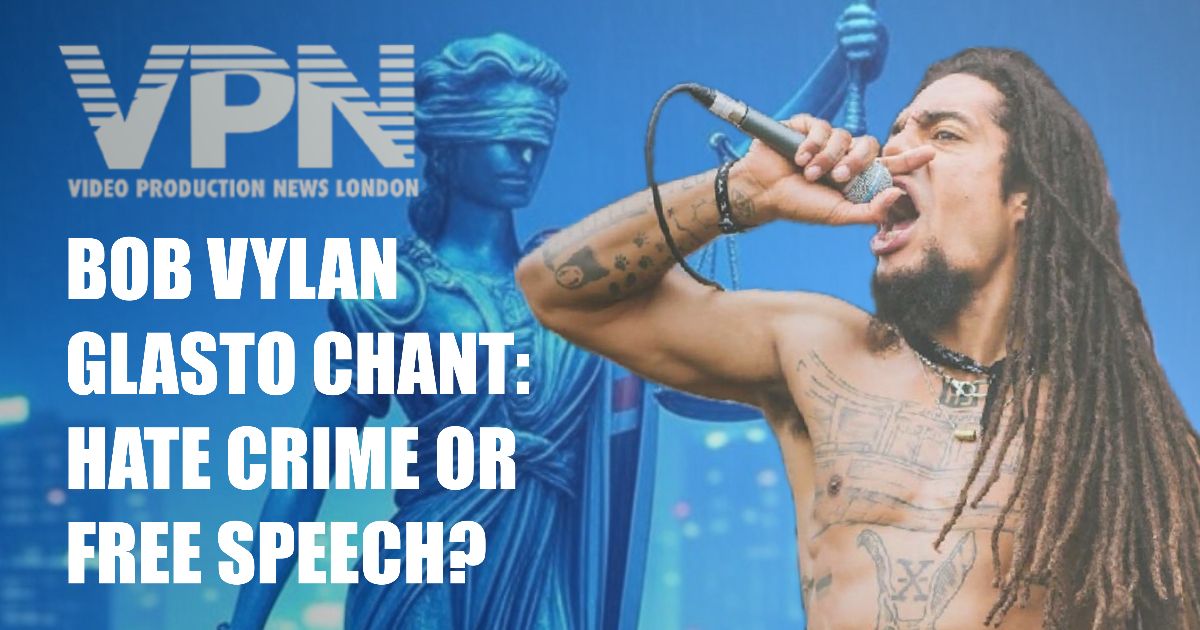BOB VYLAN’S ‘DEATH TO IDF’ CHANT ROCKS GLASTONBURY — ILLEGAL?
Fury erupts after Bob Vylan’s explosive Glastonbury set sparks criminal law debate—was the chant free speech, or a line-crossing call to violence?
The chanting by Bob Vylan at Glastonbury—“Death to the IDF”—was swiftly condemned across the board and rightly so. Festival director Emily Eavis described the language as having “crossed a line” and Prime Minister Starmer branded it “appalling hate speech”. The BBC subsequently removed the footage and Ofcom initiated scrutiny into the editorial choices made.
However, a rigorous legal examination under English law indicates that while morally egregious, prosecuting this chant as a criminal offence may prove legally tenuous.
Chanting “Death to the IDF” targets a defined military organisation, not individuals or a protected characteristic under the Public Order Acts 1986. Both Sections 18 and 29B require hateful intent towards race or religion—criteria which do not apply here.
Attempts to frame the chant as incitement of terrorism under the Terrorism Act 2006 also encounter obstacles. The legislation demands specific encouragement of terrorist acts, which an abstract exhortation to condemn a state military does not meet. Similarly, invoking the Serious Crime Act 2007’s provisions around encouraging or assisting crime would require evidence of intent or planning to commit violence—absent in this context.
Further, legal routes via the Offences Against the Person Act (threats to kill), common-law incitement to murder, and conspiracy under the Criminal Law Act 1977 are equally unavailing. The chant does not unite individuals in planning a criminal act nor directly threaten identifiable persons. It remains a generalised denunciation without the requisite specificity.
Additionally, the Communications Act 2003 does not apply as live festival performances fall outside its remit, which is largely concerned with electronic communications.
English jurisprudence—particularly cases like R v. Choudhry and R v. Norwood—demonstrates a narrow threshold for incitement to hatred or violence. Typically, the courts demand explicit, targeted calls to action, which transcend mere rhetorical expression.
That said, context must not be ignored. The phrase “From the river to the sea” used alongside the chant proved more controversial, often interpreted as advocating for the elimination of the State of Israel. Such phrasing edges closer to proscribable content under terrorism statutes where it overlaps with calls for genocidal intent. Whether prosecutors will pursue this remains to be seen.
At present, Avon and Somerset Police are reviewing video evidence to ascertain whether any offence is identifiable under existing legal thresholds. Meanwhile, the BBC faces regulatory scrutiny and potential licence review, rather than criminal liability.
In sum the public, moral and political backlash was immediate and justified—but under current UK law, convicting Bob Vylan for this isolated chant presents significant evidential and statutory hurdles. Enforcement agencies may yet identify actionable speech depending on further context or accompanying statements, but as matters stand, prosecution may well fail to secure a conviction.




